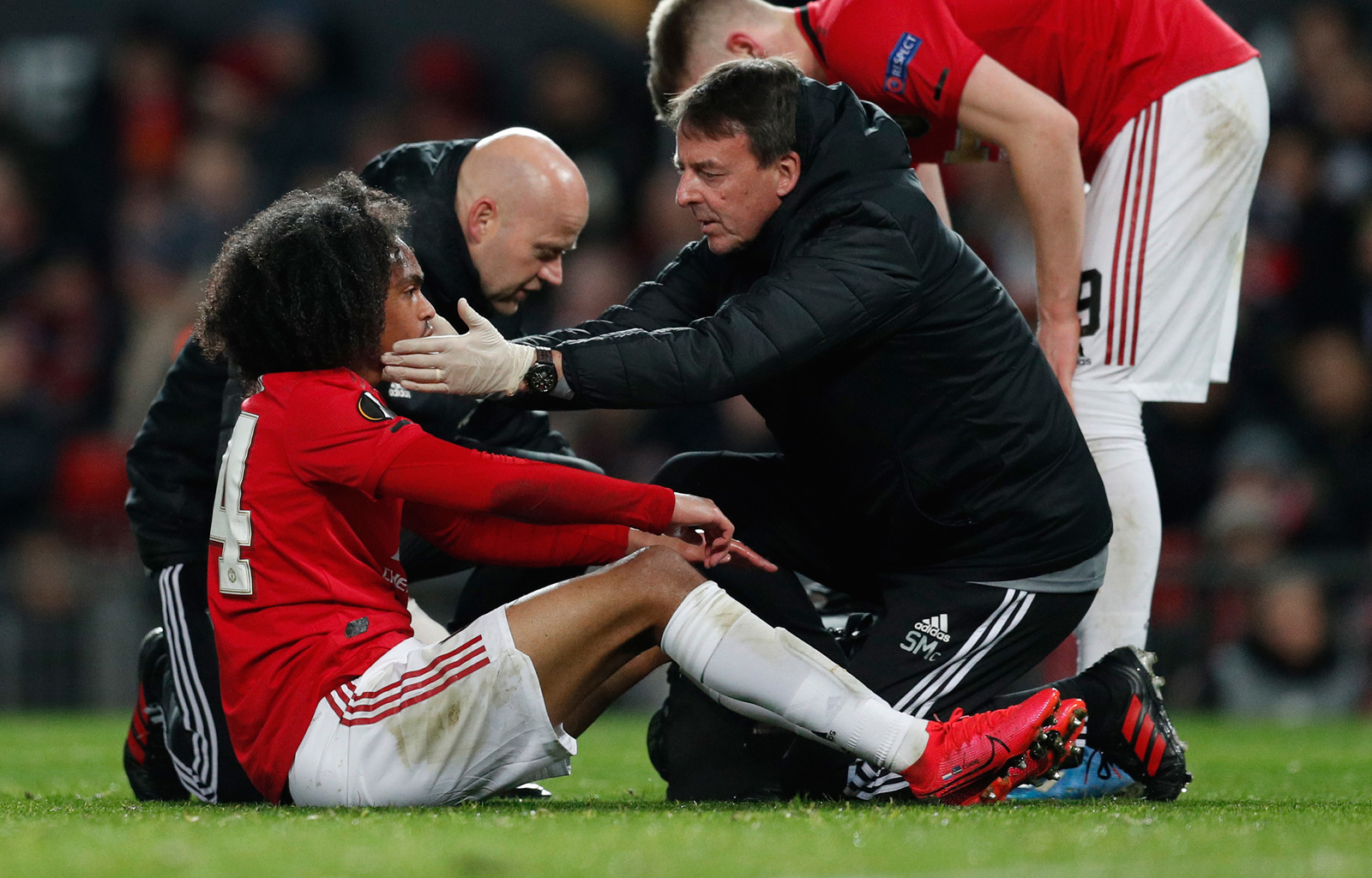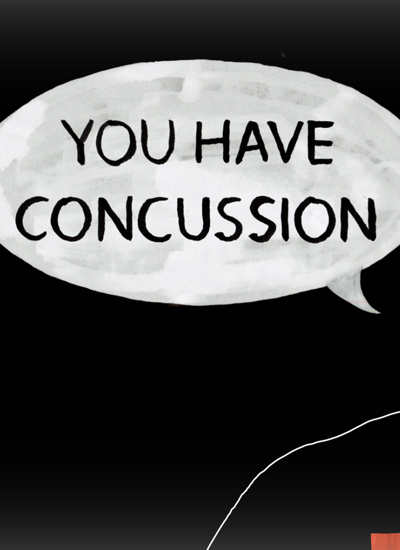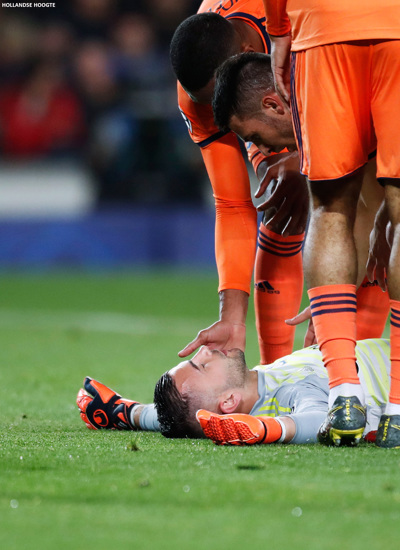We welcome moves to finally address this critical issue for the health of tens of thousands of footballers, something we have been campaigning for since 2014. However, we are concerned that player health is not being treated as an urgent priority as the line of thinking appears to be dominated by the possible sporting repercussions of potential rule changes.
Concussion and second-impact syndrome can lead to life-long health issues for a player and, in some cases, can be deadly. This means professional football has to implement a procedure that does everything possible to remove players from risk.
Extra substitute alone not sufficient
The simple introduction of an extra substitute following a three-minute concussion assessment would be only incremental progress, and not enough to protect players from the risk of second-impact syndrome. Time after time, under-pressure medical staff – working with limited information – are making the wrong decision about players with possible concussion in the existing three-minute window. Giving medical staff as much as ten minutes to make their decision about a concussion, an injury which is extremely difficult to diagnose, is fundamental to address this problem. Until meaningful changes are adopted, football will continue to trail behind other major sports on health and safety, and continue to risk the lives of players.
Players need more protection urgently
We recommend that the IFAB and its Concussion Expert Group begin to work as soon as possible with football stakeholders to develop different pilot programmes – including the use of temporary substitutes during a 10-minute diagnosis period -- to obtain evidence about which steps to take next. At the same time FIFPRO recommends that, wherever possible, competition organisers act quickly to enable the sharing of video footage with team medical staff so they know more about the cause of injuries to players who may have suffered a concussion and can make better decisions to protect their health.
Photo: Tahith Chong of Manchester United is checked for concussion during a UEFA Europa League match.
Photo Hollandse Hoogte.



